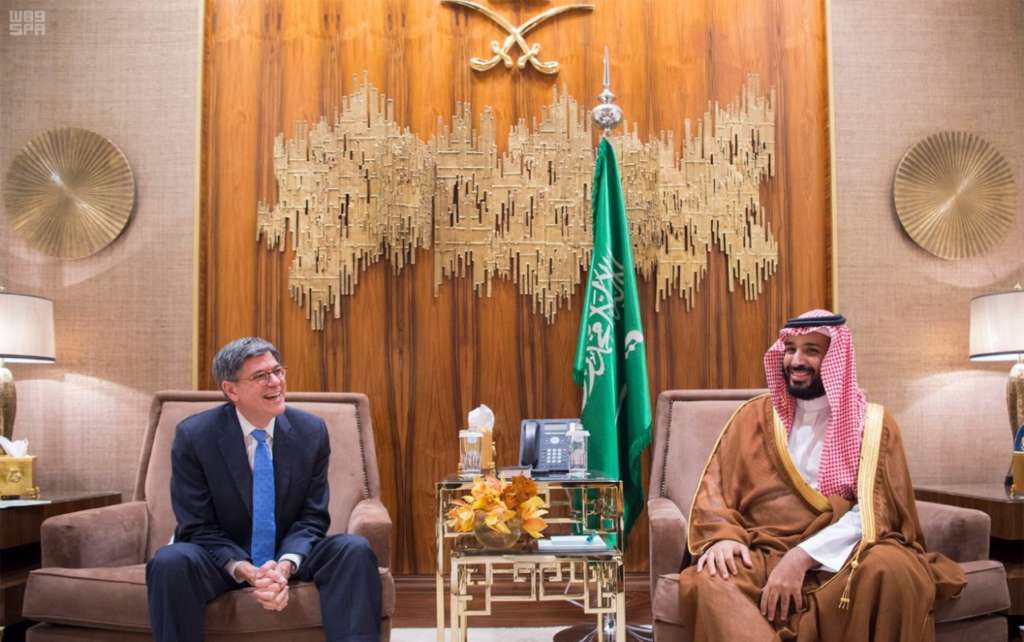Riyadh-Deputy Director of the White House’s National Economic Council, Adewale Adeyemo, said his country was keen on supporting Saudi Arabia in the implementation of Vision 2030 and the National Transformation Program.
“We are here to deepen and strengthen the bilateral relations as a follow-up to the talks held recently between U.S. President Barrack Obama and Deputy Crown Prince Mohammed bin Salman, second deputy premier and minister of defense, on the implementation of the Saudi 2030 Vision,” Adeyemo, said during a press conference held at the U.S. Embassy in Riyadh on Thursday.
Adeyemo is part of the U.S. delegation led by U.S. Treasury Secretary Jacob Lew, who met Custodian of the Two Holy Mosques King Salman bin Abdulaziz, Deputy Crown Prince Mohammed bin Salman and the GCC finance ministers in Riyadh on Thursday.
The U.S. official described Saudi Vision 2030 as an ambitious plan, noting that its implementation will not only benefit the Kingdom but also be beneficial to other countries, including the United States.
“It is heartening to note the commitment of the people of the Kingdom in achieving the Vision 2030 goals,” he said, stressing that the United States will extend its fullest cooperation to the government toward achieving the set goals.
Asked by Asharq Al-Awsat’s correspondent about the repercussions of the Justice Against Sponsors of Terrorism Act (JASTA) on the economic relations between the U.S. and Saudi Arabia, Adeyemo said that the position of the U.S. administration towards this new law was clear after U.S. President Barack Obama openly expressed its objection to it.
Adeyemo noted that the areas of cooperation that would contribute to the successful implementation of Saudi Vision 2030 included trade and investment, fiscal and structural reforms, climate change and labor force development.
